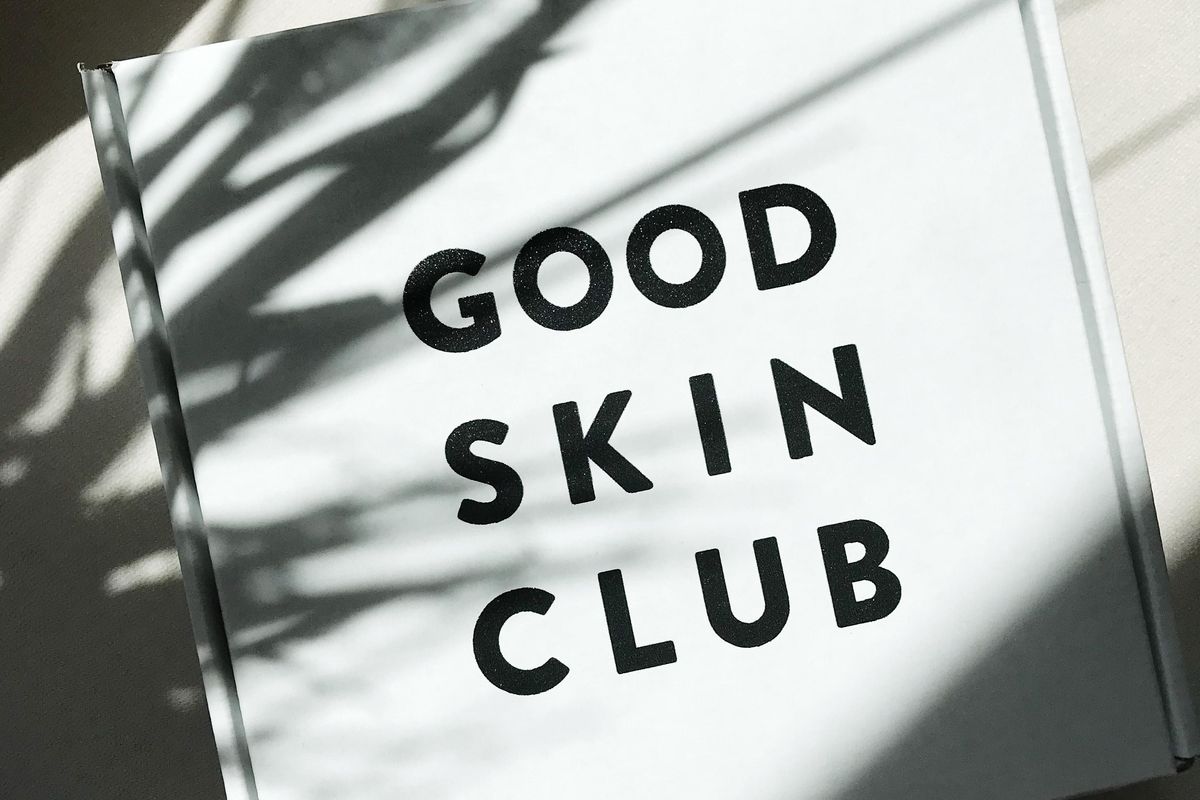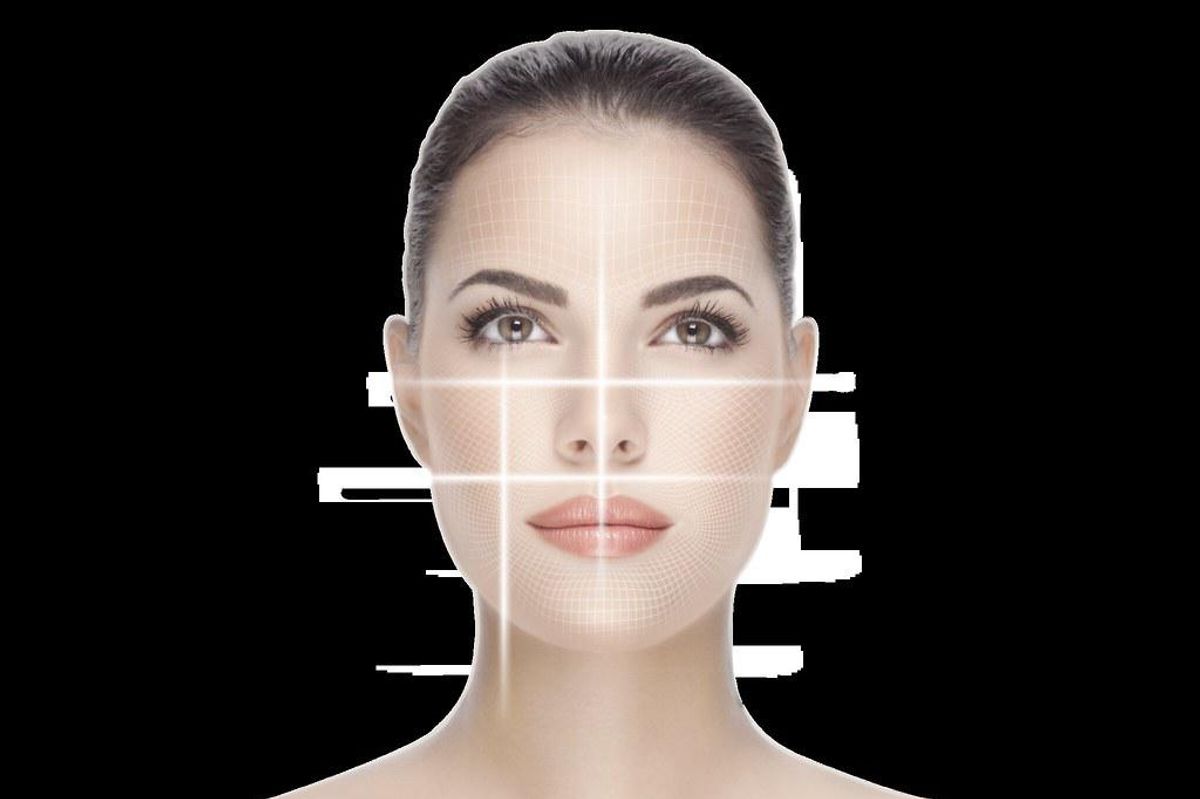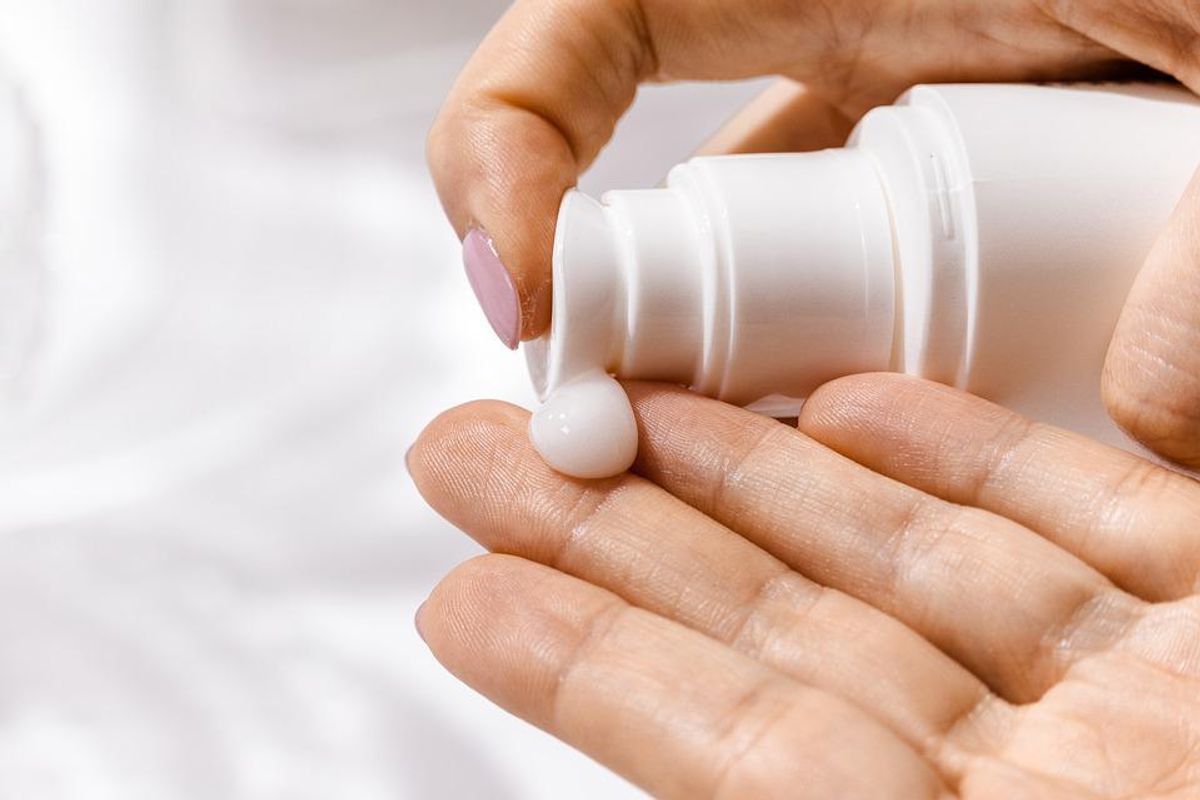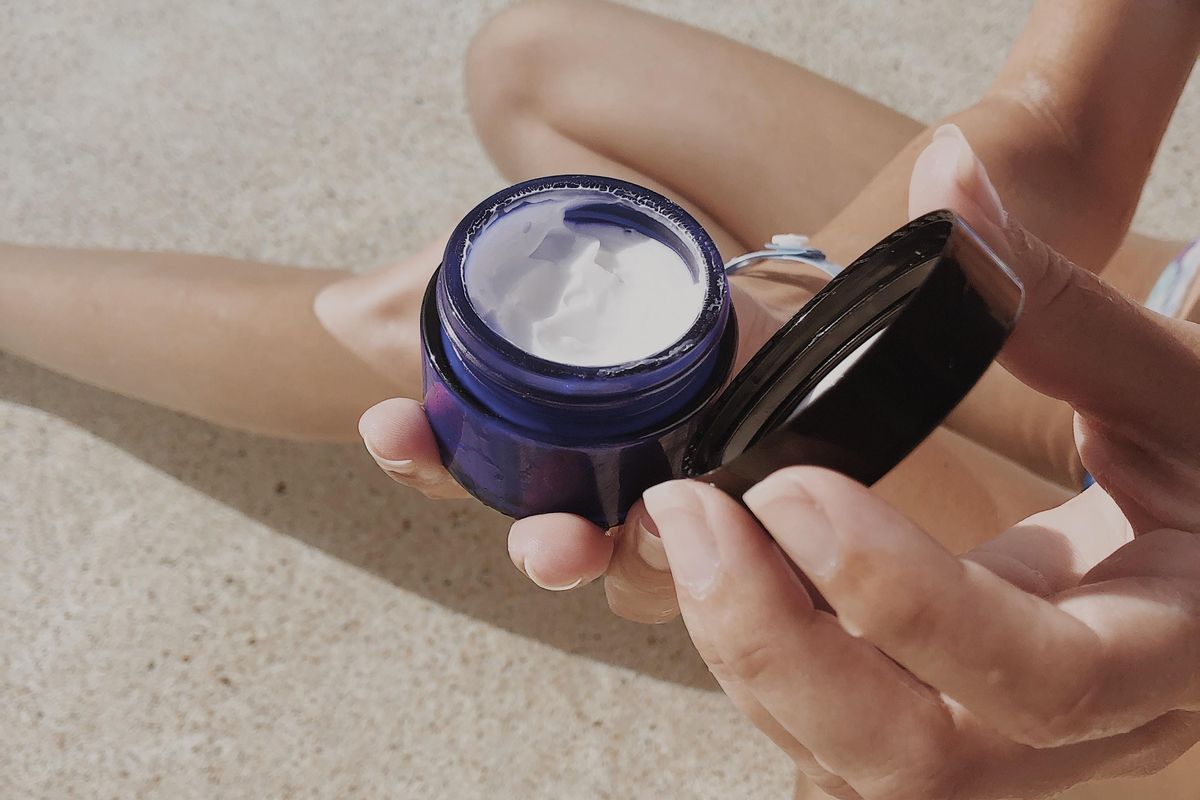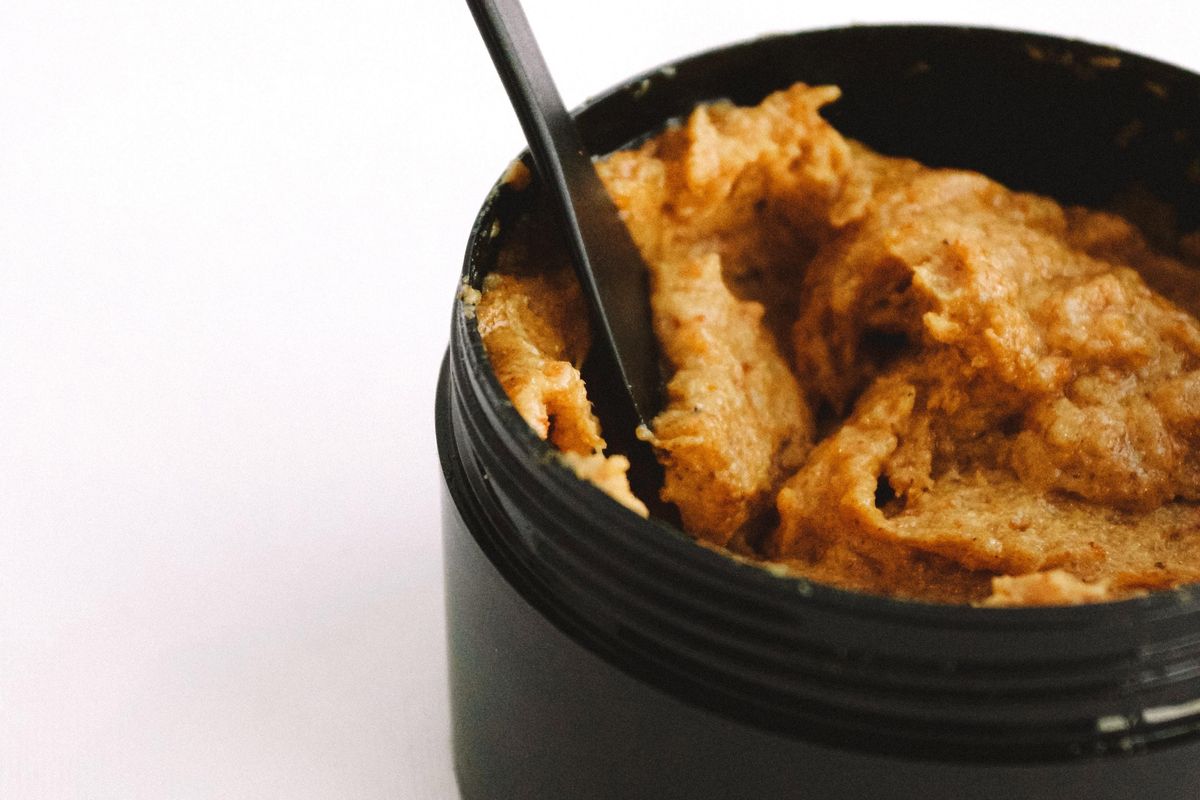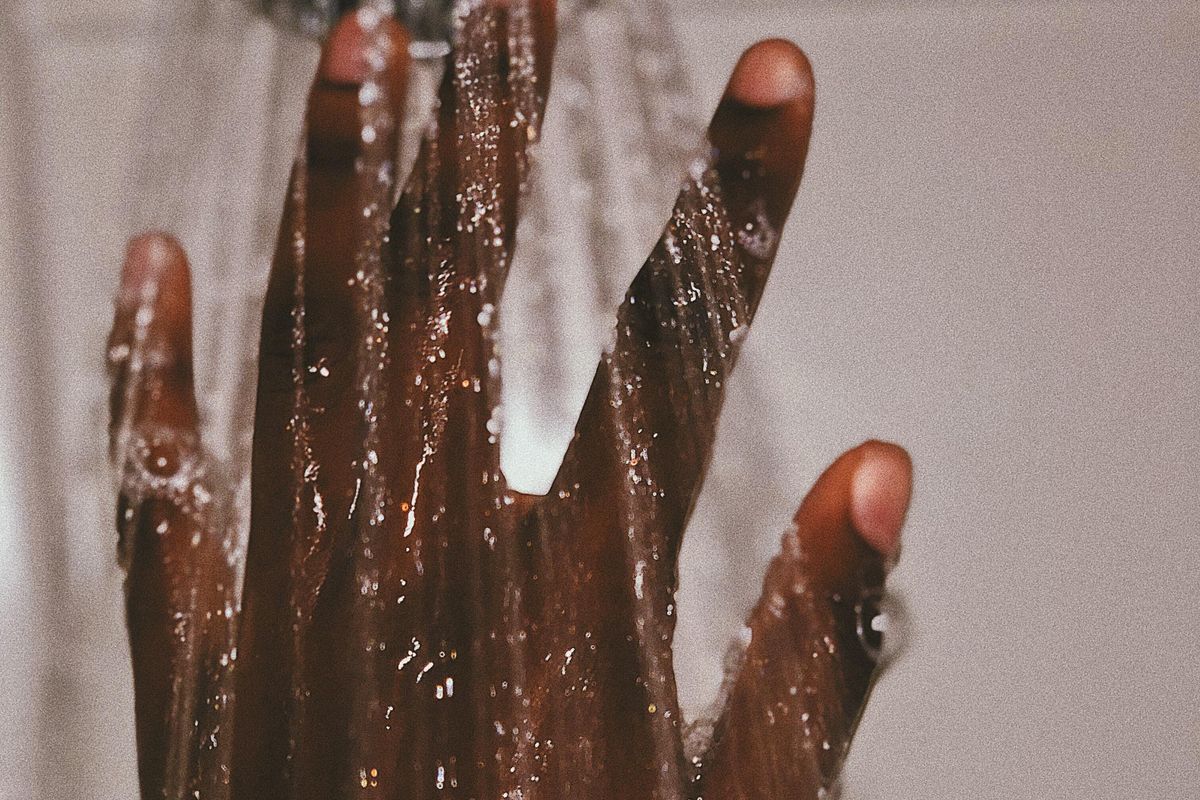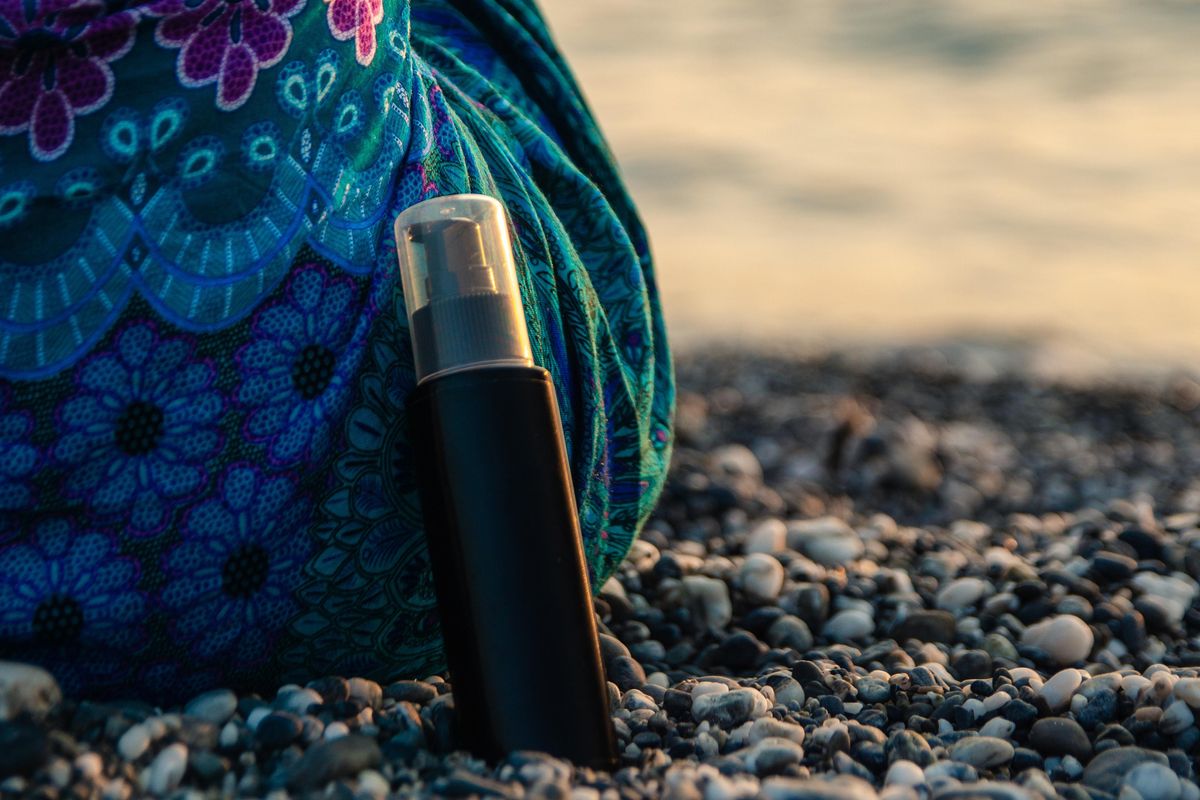Do you know someone who struggles with acne? Or maybe you are someone, like a lot of transgender people, who struggle with acne when taking hormones. It sucks. Like a lot. But the good news is, you’re not alone and there are plenty of other trans people who are experiencing the same things you may be going through. It can be a long process and a long time coming when dealing with acne, so be patient with your skin.
The most important advice for treating acne is to appreciate and LOVE your skin. Stop trying to fight your own body when it comes to treating acne and start valuing what it does for you every single day. With that said, this is a short guide of things that may help you along your acne journey!
Know Your Skin

Know Your Skin
Photo courtesy of Imagen Skin Diagnosis | Skeyndor | Flickr www.flickr.com
This one is one of the most, if not most important, steps to helping clear up acne. Why? Because if you don’t know what kind of skin you are working with, it will be way harder to pick the right products. Luckily, figuring out your skin type is super easy. So easy in fact, that all you have to do is look at five different words and you’ll know: oily, dry, combination, normal or sensitive. And they’re just as easy to interpret.
- Normal skin is typically described as being neither oily nor dry but a balance between the two throughout the week and is not prone to breakouts. It is usually smooth to the touch and is less likely to have an adverse reaction to things you put on your face. The word ‘normal’ is a technical term that dermatologists recognize, so we will use it here for educational purposes.
- Having oily skin can mean that for the majority of the week, your skin produces an excess amount of sebum which causes the skin to look shiny and feel greasy.
- Dry skin is exactly as it sounds; for the majority of the week, your skin is dry, often dull, or even rough and flaky.
- Combination skin is a mixture of dry and oily skin as it oscillates throughout the week between the two, sometimes even resting at ‘normal’ but for short periods.
- Finally, sensitive skin is more prone to being irritated by ingredients or the environment it is in. Symptoms of sensitive skin can include being oily or dry but are more commonly referred to as the redness of the skin, and burning or itchy sensation when exposed to irritants. Irritants can be ingredients in topical products used on the skin, certain foods ingested, and even the environment your skin is in such as a dry or humid climate.
Now that you know your skin type, it will be a little easier to decide which products and approaches you should take when it comes to your skin (and acne). Additionally, it is good to know what type of acne you have but this is a bit more difficult and can even take a medical opinion to determine the right type. But whether it is hormonal, cystic, whiteheads, blackheads, or fungal, all of this advice is helpful.
Use a Daily Sunscreen

Use sunscreen
Photo courtesy of www.maxpixel.net
It doesn’t matter what kind of acne you struggle with, how much or how little, your skin will thank you for protecting it! It has nothing to do with your hormones and doesn’t discriminate against the type of acne you are working with. Plenty of science has proven that your skin is not friends with the UVA and UVB rays (including all of the other things the sun does that most of us don’t even realize cause worse acne) emitted by the sun, including but not restricted to the worsening of pigmentation and hyperpigmentation, causing wrinkles, damaging and killing of the skin cells, causing inflammation and even cancers. None of which is healthy or helpful for your acne either.
And while it’s true that some ingredients in sunscreen can cause or worsen acne, the protection of your skin is a lot more helpful than anything else! For example, staying away from ingredients such as Benzophenones, Cinnamates, Octocrylene, Quaternium-15, and Para-aminobenzoic acid- all of which are known as non-comedogenic- can essentially make it impossible for your sunscreen to cause acne. Even better is that most sunscreen products will tell you if they are non-comedogenic and help acne-prone skin! Plus, picking the right type of sunscreen for your skin type helps with a lot more than just reducing your acne. Figuring out whether a chemical or physical sunscreen is better for your skin can be a challenge too but luckily there is also scientific evidence that can help advise your decision. For starters, knowing how these types of sunscreens work is extremely helpful when it comes to choosing what’s best for your skin type.
Chemical sunscreens penetrate into your skin and convert UV rays into heat which is then released naturally by your body. Physical sunscreens on the other hand sit on top of the skin and reflect UV rays. It is thought, but not proven, that chemical sunscreens are worse for the skin as they can often irritate and possibly even cause breakouts, for your skin. However, the right type of sunscreen truly depends on your skin type! For those who struggle with acne, physical sunscreens (sometimes referred to as mineral sunscreens) that contain zinc oxide or titanium dioxide as the active, protecting ingredients have been shown to reduce the appearance of acne.
Ingredients such as niacinamide in sunscreen can help to reduce redness and inflammation while things such as lactic acid and hyaluronic acid keep the skin healthy and in balance by increasing the rate of cell turnover (and clearing away dead skin cells!) and keeping the skin hydrated, respectively. Getting a light, water-based, non-comedogenic, sunscreen is best for acne-prone and oily skin but a moisturizing/sunscreen combo is more helpful for dry skin. For sensitive skin, it is important to look at the ingredients and figure out what your skin is OK with and what will irritate it (including fragrances). But, regardless of your type of skin, you should always be using sunscreen with AT LEAST an SPF of 30 which blocks up to 97% of UVB rays emitted by the sun. If you have more sensitive skin or a fairer complexion, the recommended SPF is 50.
Sunscreen Recommendations
Best Affordable and Effective Daily Sunscreen
The INKEY list SPF 30 Sunscreen
Committed to creating quality products based on scientific research at an affordable price. This is an excellent place to start if you’re new to daily sun protection.
Best for For Sensitive Skin
ZitSticka
ZitSticka has a very simple and effective methodology based on science as well. Their formula specifically targets acne-prone skin, plus, they are here to destigmatize acne, not just clear it up!
Best For Oily Skin and Makeup Wearers
Supergoop!
While it’s not recommended to wear makeup due to how it can clog pores and worsen some acne, SuperGoop’s powdered sunscreen can be a great option if you do as it gently sits on top of whatever you want on your face. It is also a good option for those with oily skin!
Best Vegan, Cruelty-Free, and Reef-Safe Option
Black Girl sunscreen has become popular more recently and for the absolute best reasons! Their story starts with the need for quality sunscreen that caters to women of color and continues to consistently be the best for the environment. The sunscreen itself dries completely without any white cast (the white residue most sunscreens leave behind) and is vegan, cruelty-free, reef-safe, natural, AND recyclable by the company.
Find the Right Cleanser
Finding the right cleanser is a lot harder than finding the right sunscreen but the same basic principles are there: find something that works with your skin type. Here is a quick breakdown of some key ingredients your cleanser should have if you struggle with acne.
- Salicylic acid - A BHA (beta hydroxy acid) that cleans pores by dissolving debris that often clogs them, and helps get rid of red, inflamed breakouts (most commonly black and white heads). It can come in strengths from .5 to 5% but over the counter, the strongest you can get is 2%. It is also considered a keratolytic medication which is just a fancy way of saying it exfoliates the skin.
- AHAs - Also known as Alpha hydroxy acids, they are the sister acids to the BHA’s I was talking about earlier. Most common and researched are lactic and glycolic acid, both of which work by exfoliating the skin to clear away dead skin cells and other acne-causing debris and stimulating cell turnover. But there is also mandelic acid, a little less researched but can help with oily skin, depigmentation, and skin redness as well as acne. These products, unlike salicylic acid and BHA’s however, cause “controlled trauma to the skin” which is just as serious as it sounds. While it is safe and effective (and almost all strengths are sold over the counter) it is also more harsh and invasive to the skin and can cause dryness, redness of the skin, peeling, sun sensitivity, and itchiness. Therefore, if you have sensitive skin, it is not typically recommended unless done with weaker strength products, or in a controlled environment such as a dermatologist's office. It should be noted that for best results and care, these acids should be neutralized using sodium bicarbonate or water and should NOT be left on the skin for more than a minute or two at the absolute most.
- Benzoyl peroxide - This product works to kill acne-causing bacteria by peeling away skin layers, therefore releasing trapped debris, removing dead skin cells, killing the bacteria, and removing excess oil. It comes in percentages from 2.5 to 10, all of which you can get over the counter. Because this product is harsher than other acne treatments, it is often not recommended for sensitive or dry skin but typically works great for oily skin.
- Azelaic Acid - Azelaic Acid loosen the bonds of the skin cells to clear away dead skin cells and targets P.acnes (or Cutibacterium acnes, bacteria that causes acne) disabling their effectiveness and subsiding them. Additionally, these products help to reduce dark spots and other blemishes caused by acne.
- Retinol - Unlike any of these other acne fighters, retinol works from the inside out and is considered the gold standard for acne treatment. Yes, it’s still a topical treatment but the way it works is by stabilizing your cell turnover cycle, therefore clearing blocked pores and allowing other acne-fighting ingredients to work better. While retinol alone does not actually ‘fight’ acne, it does one of the most important things to allow for your other products to work better while also changing your skin's makeup to be healthier, allowing for a more clear complexion.
Cleanser Recommendations
Salicylic Acid
Very common and in a lot of products, it is best for those just starting to try and clear acne as it is less harsh. Recommendations are split by skin type.
The INKEY List
Again, the recommendation comes from the Inkey List due to the reasonable price, science, and 2% strength (which is the strongest percent over-the-counter you can buy).
Paula's Choice Skincare
Paula’s Choice has been around for a long time and gives a lot of people great results. This cleanser, based on its weaker 0.5% dosage of Salicylic Acid, is better for people with dry skin as it’s less potent and therefore won’t dry out the skin as much.
Caudalie
With an even weaker strength of Salicylic Acid (0.2%) Caudalie’s Pore Purifying Gel Cleanser is fragrance-free and vegan, making for a good more natural option if you have pretty sensitive skin.
AHAs
Not all AHA’s are what you typically think of when it comes to the type and form of cleanser. Cleansers can be face washes, face peels, leave-on products, and other things such as face masks. However, AHA’s are most commonly found as a single ingredient face peel due to their harshness.
The Ordinary
From The Ordinary, a mainstream brand that can be found at several large retailers, this lactic acid formula can actually be left on the skin and comes in 5% and 10% strength. All of their products are vegan and cruelty-free as well as contain clean ingredients.
Alder New York
Alder New York is a queer and woman-owned brand that provides this really gentle glycolic acid cleanser for everyday use! It’s a great alternative for more sensitive skin as opposed to the AHA face peels.
Volition Beauty
This item by Volition Beauty contains both AHA’s and BHA’s to help more gently fight acne compared to single ingredient AHAs. They are also queer and woman-led brand that boasts their ‘always clean and cruelty-free' products.
The Ordinary
Another one from The Ordinary this face peel is really accessible and affordable. One of its best (or worst) products is its AHA 30% + BHA 2% peel which is an extremely effective peeling solution for the skin. However, because of its strength, a lot of caution needs to be taken when using this product.
Benzoyl Peroxide
PanOxyl
A long-standing brand, PanOxyl uses max strength, 10% Benzoyl Peroxide to help fight acne ALL over, not just your face. This facewash is a great option for those with oily and combination skin but if you have sensitive or dry skin, you might want to try their lower strength, 4% formula.
Paula's Choice
Once again, Paula’s Choice pops up on the list for its less harsh version. This is actually a cleanser treatment that can be left on the face that is truly affordable if you want to try benzoyl peroxide products.
Azelaic Acid
Bliss
Bliss has championed the skincare routine since 1996 and continues to amaze. This green tea gel mask is incredible for its ingredients and because it's vegan, cruelty-free, and planet friendly. The company is also B Corp certified so you can rest a little easier that both the product and the people producing it are treated amazingly.
Typology
This 10% Azelaic Acid serum by Typology is a great leave-on product that is 97% naturally derived. The company is all about quality and transparency, not only for their product but for their workers too as they are also B Corp certified.
Retinol
Face the Future
This version of a retinol treatment is pricey but worth it if you want to dip your feet into using retinol without the side effects or have sensitive skin. PCA Skin is dedicated to science and your skin, with 30 years of experience and innovation they do their best to make professional treatments accessible and even provide customer service with licensed aestheticians that can help you with your unique skin.
CeraVe
A lot of dermatologists stand by CeraVe products based on the ingredients and easy access they provide. And for the most part, CeraVe does all of the right things with and for their products; they contain great, effective ingredients that have proven results, they are in the vast majority of stores, and the price is among the most affordable products out there. However, it should be noted that their products are not vegan or cruelty-free, which can be a drawback.
Daily Moisturizer
Finding a moisturizer that doesn’t make your acne can be a difficult task but is not impossible. The main thing you must know is the ingredients you are looking for in your moisturizer: hyaluronic acid, ceramides, sodium PCA, glycerin, glycerol, and salicylic acid. As long as you stay away from oil-based products which are thick and tend to be heavy on the skin you can easily find a moisturizer that works well for your skin. For those struggling with acne, a water-based moisturizer (if the first ingredient on the list is water, then it is a water-based moisturizer) is recommended by most dermatologists and typically has all the ingredients above that you’re looking for. Here are some favorites!
CeraVe Moisturizing Cream

CeraVe Moisturizing Cream
Best All Over and for All Skin
Again, CeraVe makes the list because of its scientifically researched product. This can be used all over your body and works great, backed by all the great ingredients you need. But for the same reasons mentioned before, CeraVe might not be the brand for you.
Native Moisturizing Facial Lotion

Native Moisturizing Facial Lotion
Best Vegan and Eco-Conscious Option
A lot of people know the brand Native for their deodorant but they also produce some good skincare products as well, such as this coconut water face moisturizer. It’s vegan, cruelty-free, fragrance-free, paraben free, and made with simple ingredients making it an excellent option for any skin type. Plus they try to be eco-conscious with their packaging and transparent with their environmental impact.
Your skincare routine is honestly best kept simpler if you struggle with acne for several reasons. One is because, when trying to find the right product, it's easier to see the effects of one if you do not have a lot in your routine. Another is that, although layer can be helpful and effective, it’s more often detrimental for those prone to acne or with sensitive skin. Keeping track of ingredients can be hard and it takes a wizard to know what goes best with what and what counter acts which ingredients. This is why it is best to see a licensed aesthetician or dermatologist for any further acne treatment (trust me, they will thank you if you keep a simple, effective routine). Plus, when you do go to a dermatologist for help, it is much easier for them to sort out what might work best if you already have a good routine down and the process tends to go MUCH faster and smoother if you can let them know what does and doesn’t work for your skin type.
Home Light Therapy

Dermabeam LED Light Therapy Mask
Blue Light therapy has been shown to kill acne-causing bacteria and can be a great option if you are sick and tired of over-the-counter topical creams, gels, and serums. This is much recommended for those who have tried a lot of products already and haven’t had quite the results they hoped for. It’s also a way of staying out of a dermatologist’s office or licensed aesthetician’s office a little longer because this product by DermaBeam offers the same medical grade product for at-home use. It’s a comfortable, easy, daily, effective product that is worth the price for sure.
